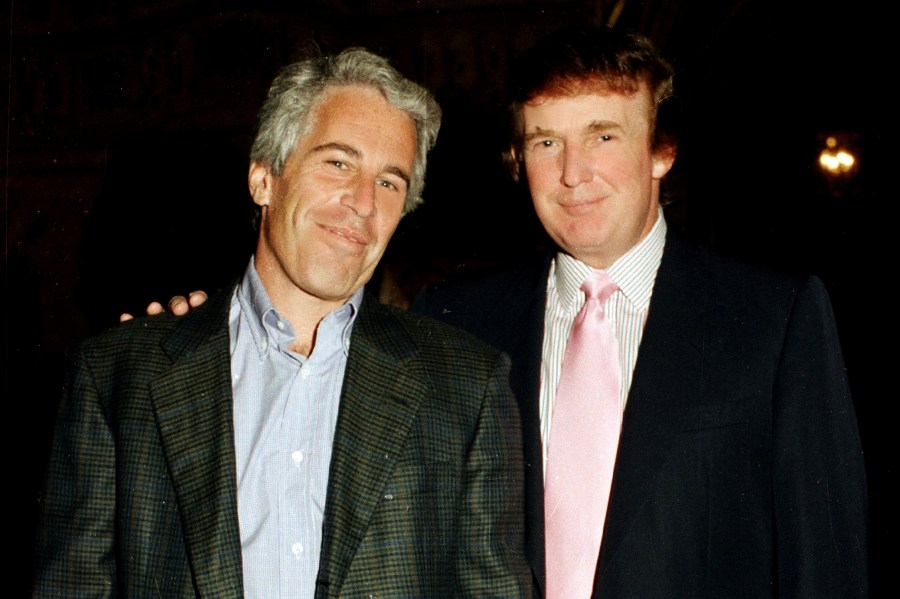Conspiracy theories about powerful elites who rule through secrecy have long been a staple of fringe literature and paranoid fantasies. From the Freemasons and the Illuminati of the 18th century to the Rothschilds and other Jewish financiers referred to in works like “The Protocols of the Elders of Zion” to today’s supposedly all-powerful “deep state,” we love to ascribe our problems to a cabal of untouchable power brokers, and we love reading books and diatribes about how we can’t do anything to stop them.
There may be no figure who walked the line between traditional secretive power broker and the newer depraved monster trope more than Jeffrey Epstein.
Add in sexual depravity and accusations of horrible things done to children, and a conspiracy theory can be almost impossible to dislodge. The rise of social media-driven plots like Pizzagate and QAnon has a dark and psychologically compelling edge. The elites in these theories don’t want just money or power — they already have that. No, they also want our children, for the most vile and sinister purpose imaginable. For many, conspiracy theories involving underage trafficking are a license to abandon critical thinking, logic and facts in the service of “saving the children.”
There may be no figure who walked the line between traditional secretive power broker and the newer depraved monster trope more than the late Jeffrey Epstein. Starting on Wednesday night, the names of over 150 people tied to an Epstein lawsuit first filed back in 2015 are being unsealed in batches. This process has breathed new life into theories and speculation about the disgraced, abusive multimillionaire.
Epstein was certainly part of the wealthy elite, having access to a mind-boggling array of tycoons, royalty, cultural leaders and U.S. presidents of both parties. But he was also a convicted sex offender with a private island that may or may not have had a sex temple.

Even his death by suicide in a Manhattan jail is slathered in conspiracies and accusations that “Jeffrey Epstein didn’t kill himself.” (A 2022 Justice Department report slammed the Metropolitan Correctional Center, where Epstein was being held, for negligence and misconduct but didn’t contradict the finding of his cause of death.) In short, he was the perfect vessel for today’s conspiracy movement, steeped in both classic notions of control and bizarre internet ephemera about occult rituals. And even though he is dead, the conspiracy theorizing goes on.
The court-mandated release this week represents what some conspiracy watchers see as the Holy Grail of trafficking plots — a mostly unredacted list of names of Epstein associates and victims that was submitted for a 2015 civil lawsuit against his now-imprisoned girlfriend and accomplice, Ghislaine Maxwell. On social media, Trump supporters are hammering liberals, while liberals are hammering Trump supporters. Epstein theories are nothing if not apolitical.

Conspiracy theories about the supposed depravity of the powerful are nothing new, of course. Popular anti-Catholic tracts like 1836’s bestselling “The Awful Disclosures of Maria Monk” were full of disgusting allegations about what the pope’s agents were doing to nuns, while sexual immorality is a major pillar of modern antisemitism. In Epstein, all these different strands come together — the power, the depravity, the secrecy, the Judaism — with a twist that, unlike in many past conspiracy theories, Epstein truly was a horrid monster.











